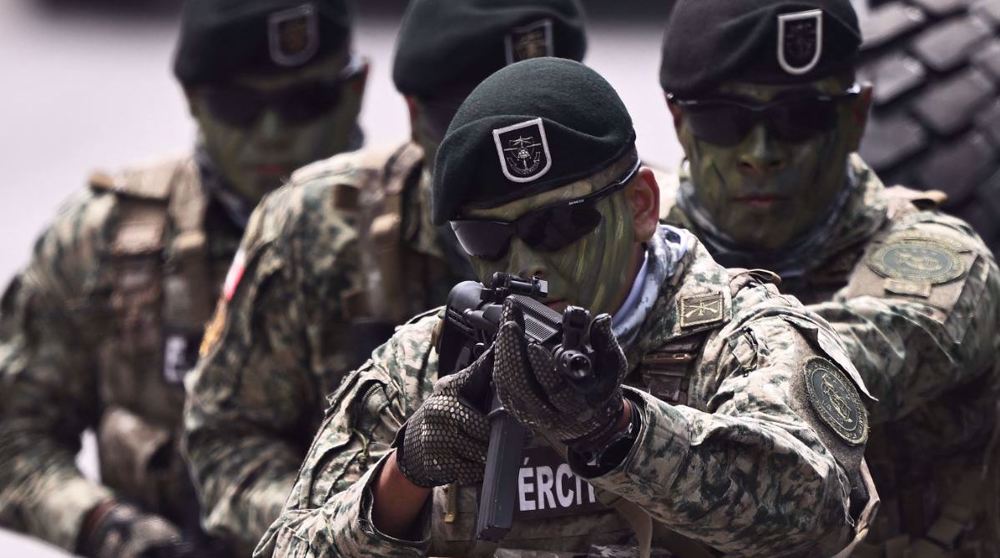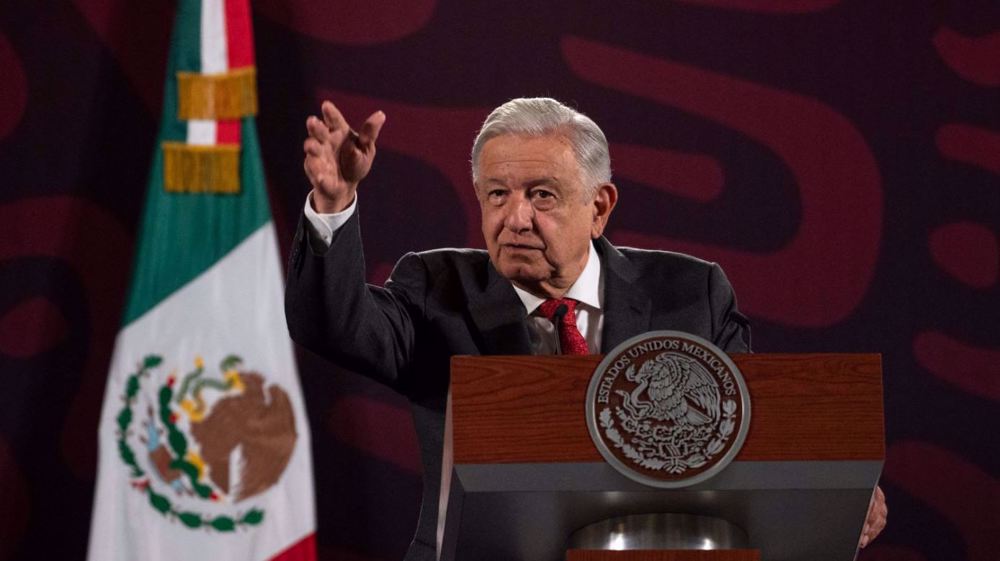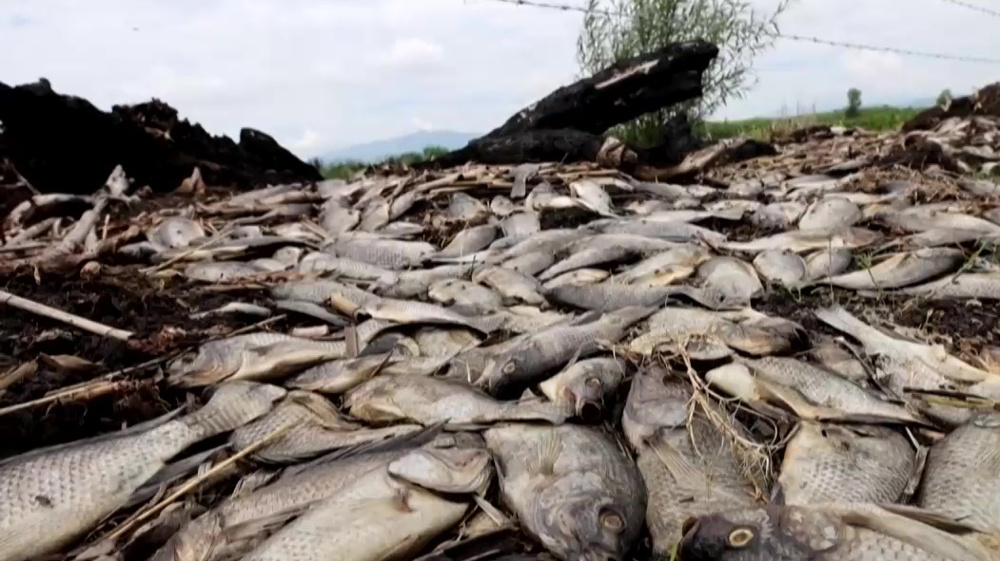Another deadly earthquake hits Mexico
A powerful earthquake has hit Mexico, killing five people, following two strong quakes that have already killed some 400 people and wrought massive destruction across the Latin American country.
The United States Geological Survey said a magnitude 6.2 quake struck on Saturday at a relatively shallow depth, with an epicenter near Juchitan, a tropical region of Oaxaca State.
Oaxaca had already been hard hit by a massive 8.1-magnitude tremor that struck on September 7.
Another strong earthquake hit Mexico last Tuesday.
The magnitude 7.1 quake flattened dozens of buildings and killed at least 307 people. The September 7 tremor, which was the strongest to hit the country in 85 years, killed at least 98 people.
Search operations for victims and survivors from the last two earthquakes were still ongoing when the Saturday tremor hit.

The two earlier quakes have together caused up to eight billion dollars in damage.
Meanwhile, the Popocatepetl Volcano, which is visible on a clear day to the approximately 20 million people who live in the Mexico City metropolitan region, has started spewing vapor and ash-filled gas after the Saturday quake and an aftershock.
Mexico’s seismological authorities said the Saturday tremor was an aftershock of the September 7 earthquake.
The aftershock was not as destructive as the previous tremors; however, fear is running high among Mexicans. Terrified residents ran into the streets, where they crouched and prayed as earthquake sirens went off.
Two women died of heart attacks as the ground shook, the city government said. Three other deaths were also linked by officials to the earthquake, including a man who was attacked by a swarm of wild bees.
Tents were set up in different parts of Oaxaca’s capital of the same name, where psychologists offered mental health support to survivors and rescuers traumatized by the natural disasters.
The Tuesday quake hit on the anniversary of a 1985 tremor that, by some estimates, killed 10,000 people.
“I never understood why the people who suffered the '85 quake were so afraid of the slightest tremors. Now I get it,” said Roxana Trani, a 30-year-old banker. “Being at a funeral and seeing all the pain that one minute caused has changed me.”
Concern that the aftershock could cause further collapses paralyzed rescue efforts at a housing complex in the Tlalpan neighborhood of Mexico City, frustrating first responders, who believed people were alive under the rubble.

By the evening, first responders were again digging for bodies or survivors in a dwindling number of rubble heaps.
Apartment buildings, offices, a school, and a textile factory were among the structures flattened on Tuesday, leaving thousands homeless.
Officials said there could be some 30,000 badly damaged homes in the adjacent states of Morelos and Puebla. RMS, a risk modeling company, estimated economic losses of four billion to eight billion dollars.
Mexican volunteers, professionals, and soldiers backed by teams from other countries have saved 69 people from the rubble after several days of searching. But in the past 48 hours, rescuers have found more corpses than survivors while victims in outlying areas of the city and villages complain that government-led aid has been slow to reach them.
“We lost everything and have nothing to cook with,” said Justina Gonzalez, 55, a shopkeeper in the Xochimilco district whose two-bedroom house collapsed on Tuesday and was being taken care of by neighbors, friends, and relatives.
Israel admits assassinating Hamas leader, vows to inflict same fate on Yemeni fighters, people
VIDEO | Yemeni forces repel US-British attack, down F-18 Jet
Iran’s capabilities vast; enemy’s ‘maximum pressure’ policies all failed miserably: Senior official
Iran’s economy grew 2.7% y/y in Sep quarter: CBI
VIDEO | Freelancers in Gaza strive to stay online amid genocide
Mikati demands Israel's withdrawal from south Lebanon
Yemeni army strikes Israeli military sites with drones
‘Clock ticking’: UNRWA slams unjustifiable killing of children in Gaza















 This makes it easy to access the Press TV website
This makes it easy to access the Press TV website